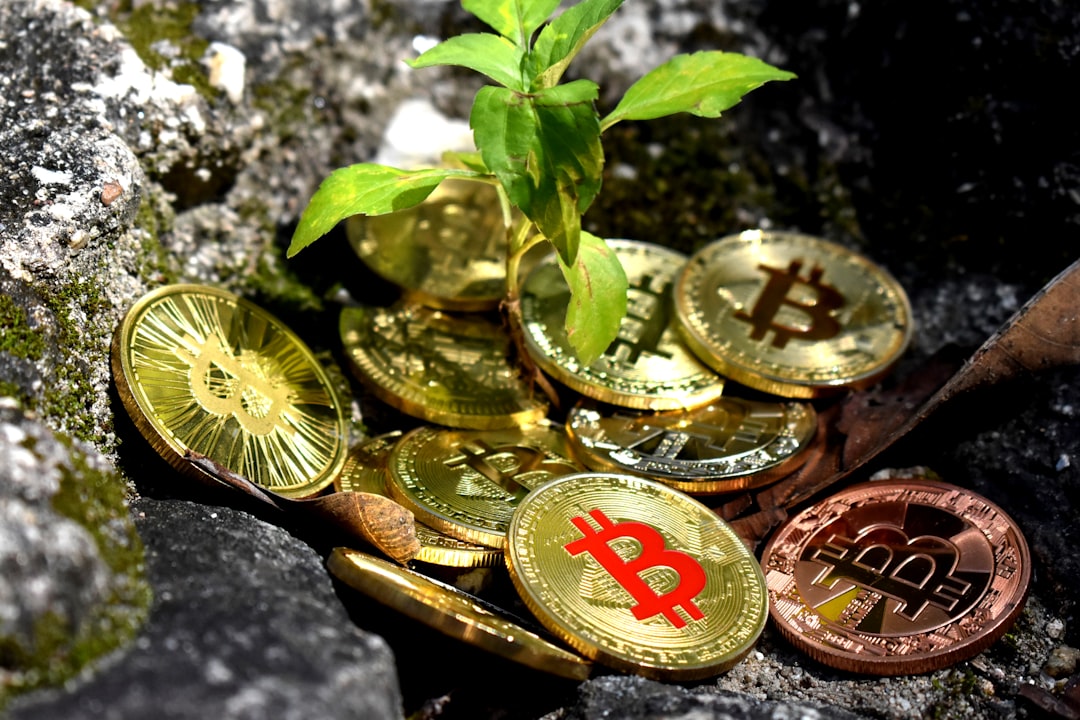Bitcoin's Next Mega-Rally Has a $37 Trillion Secret Weapon

Looking at Bitcoin's historical chart can be a dizzying experience. An asset that delivered astronomical returns, turning a modest $2,000 investment from a decade ago into a cool $1 million today, certainly feels like a once-in-a-lifetime opportunity that has already passed. For many potential investors, the fear of having missed the boat is a powerful deterrent.
However, a closer look at the global economic landscape reveals a powerful undercurrent that suggests Bitcoin's journey is far from over. The most compelling argument for its future doesn't lie in past performance, but in the ever-expanding ledger of government debt.
The Unstoppable Debt Machine
The financial foundation of many world powers is built on a simple, and some argue unsustainable, premise: spend more than you earn. The U.S. federal debt, for example, has surged past a staggering $37 trillion and shows no signs of slowing down. Regardless of which political party is in power, the trajectory points towards more spending, more deficits, and consequently, an ever-increasing national debt.
To manage this, central banks often resort to creating more money, a process that inherently devalues the currency already in circulation. Every new dollar, euro, or yen printed makes the ones in your savings account worth a little less. This slow erosion of purchasing power is the silent tax of inflation, driven by a fiscal policy that has no easy off-ramp.
Bitcoin: The Digital Safe Haven
This is where Bitcoin presents a radical alternative. Unlike traditional currencies, it operates on a completely different set of rules:
-
Fixed Supply: There will only ever be 21 million Bitcoin. No central authority can decide to create more to pay off debts or stimulate the economy. This scarcity is hard-coded into its DNA, making it a deflationary asset by nature.
-
Decentralization: Bitcoin is not controlled by any single government, bank, or corporation. Its network is maintained by a global community, making it resistant to censorship, manipulation, and the policy whims of politicians.
As the mountain of global debt continues to grow, an increasing number of investors and even institutions are looking for a reliable store of value—an asset that can't be devalued by decree. The logic is simple: as the supply of fiat currency expands toward infinity, capital will naturally flow towards assets with a provably finite supply.
While Bitcoin's past gains are indeed historic, the economic conditions that make it an attractive asset are not only still present—they are accelerating. The real story may not be the wealth it has already created, but the role it could play as a hedge against a future of relentless debt and currency devaluation.



